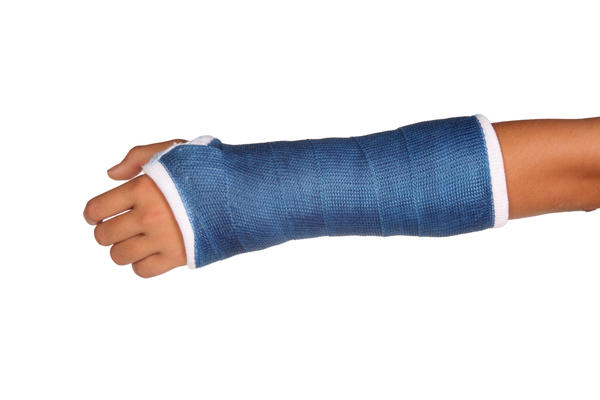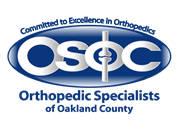Do You have Questions for Your Doctor? Write Them Down
Better health care happens when physicians and patients are on the same page. It's all about communicating. So remember to write down your questions before your appointment. And insist on fully understanding all treatment options discussed, so together you can make the best decisions.
 What is Patient-Centered Care?
What is Patient-Centered Care?Tips for Your Next Visit
Ask Questions
When appropriate, discuss the following with your orthopaedic surgeon:
- Diagnosis
- Treatment alternatives
- Course of care
- Expectations for treatment outcomes
- Risks of surgery and possible complications
Learn more about your doctor
Ask about your orthopaedic surgeon's experience and comfort level in diagnosing and treating your type of condition (e.g., how many procedures dies he/she perform each year, has he/she recently read information or attended a class on new ways to treat your condition)
Come prepared
Come prepared with lists that include:
- All the medications you take, including prescription and over-the-counter medications, herbal supplements, and vitamins
- Your surgical history with dates
- Your complete family medical history
- Questions you want answered
Ask questions
Ask questions, voice concerns, and speak up when you do not understand. Ask your orthopaedic surgeon how he or she likes to communicate after the visit (calls, emails, times available, etc).
Always be honest and complete when talking with your orthopaedic surgeon. Share your view and don't hold back information.
Ask your orthopaedic surgeon for easy-to-read brochures or other patient-friendly literature so you can learn about your diagnosis, medical tests and treatment.



